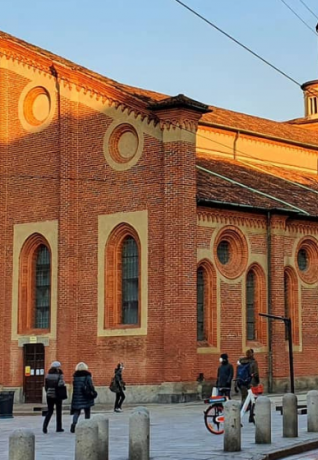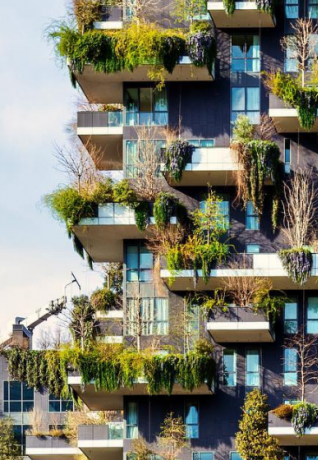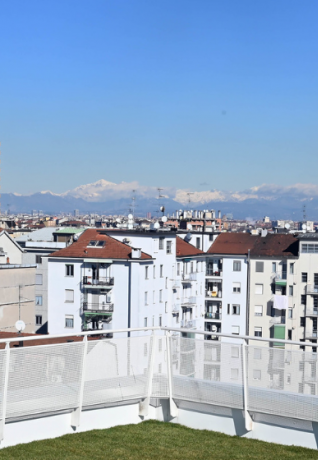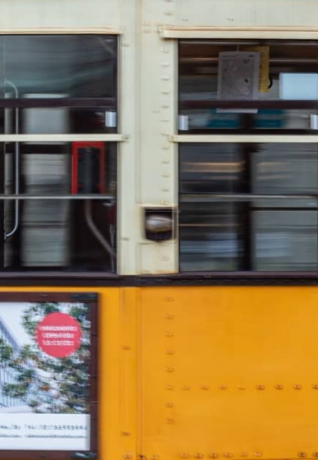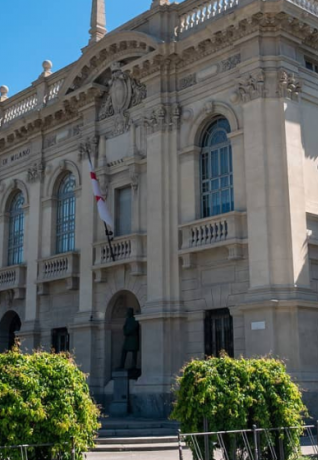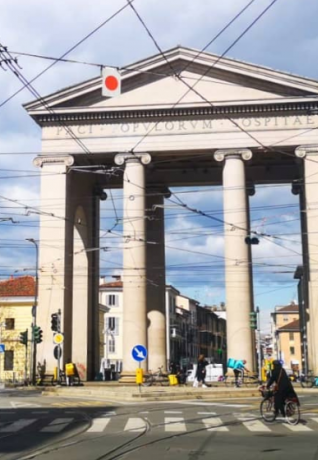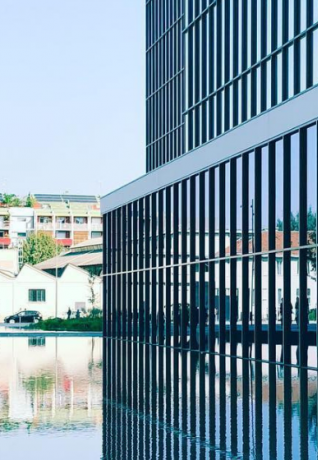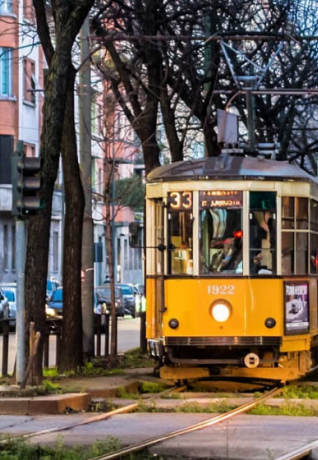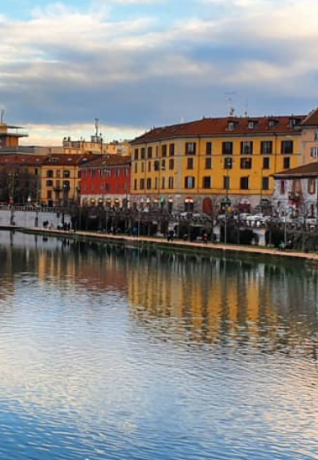YesMilano Wire, Update May 4th 2021
This week: Milano is back in business; BIT online on May 9th; City Builder platform; Digital Citizen Folder App
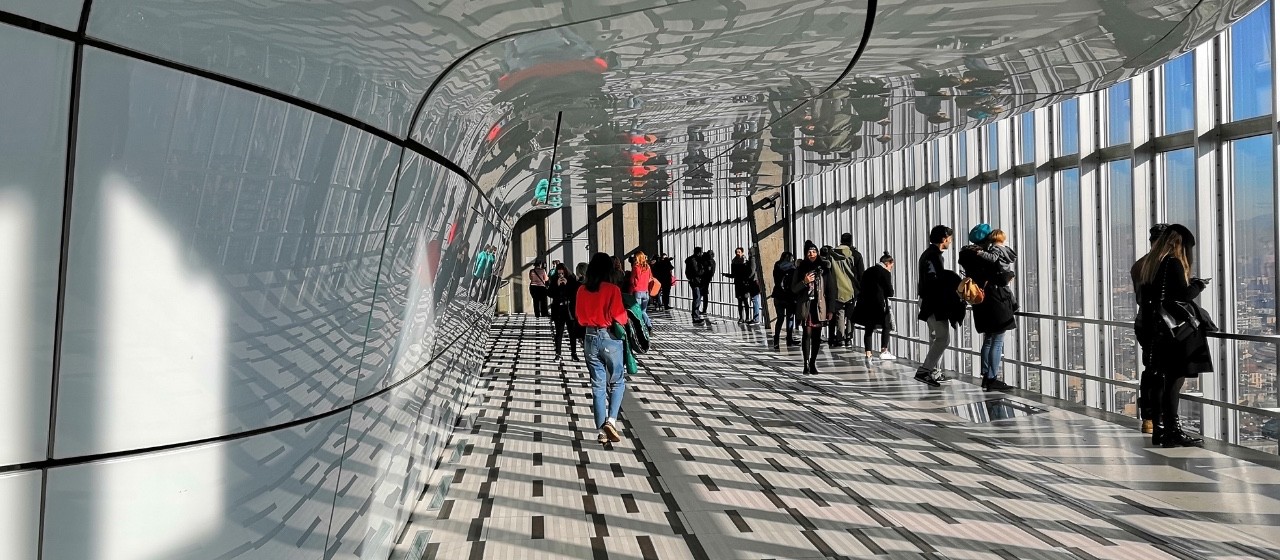
This week, 4 news items on the upcoming future of Milano and its metro community.
As the aperitivo ritual is restored in the city that invented it, by virtue of Milano being in the yellow zone, in the evening visitors and locals are cautiously, but irreversibly we hope, raising a glass of spritz or negroni to their lips. Restaurants have been open for more than a week, serving lunch and dinner to customers at outdoor tables. So the masked Milanese and non-Milanese alike are enjoying the springtime like they were unable to do last year. Fieramilano’s business fairs are also restarting on July 1 and the Salone del Mobile, perhaps the globe’s most important furniture trade fair, is confirmed for September 5-10 in the hypermodern pavilions of Rho Fieramilano. The President of the Italian Republic Sergio Mattarella in person will inaugurate this special edition which will showcase the culture of Italian design and furniture-making to the world. During the same days, design-related events will be all over the city, wherever Milano’s tradition of industrial design is present. Milano is open for business and people have started to seize back the streets, squares and neighborhoods of Italy’s economic powerhouse.
The travel industry might never be the same pandemic, but tourism as experimentation and discovery will increasingly define one’s identity and aspirations. This is what will be discussed on Sunday, May 9, at a prime online event organized by BIT, Fieramilano’s international fair of travel and tourism. Cyberpunk’s star futurologist Bruce Sterling will outline what holidaymakers will be like and what they will be doing a decade from now. Physical displacement to a distant land will return being an exclusive experience, while fruition of leisure and culture will be more focused and customized than before. Vacationing to faraway places will define luxury, after the age of ubiquitous mass tourism. Electric mobility and hypermobility will redesign access to cities and venues. Going to another country will be about putting your body and mind on the line before losing yourself in the locality. And narrating one’s trip will be as important as the journey itself. Discussing the future of travel, roster of mind-altering guests, which includes architect and designer Patricia Urquiola, Maserati chief exec Davide Grasso, architect Rachaporn Choochuey, Mandarin manager Luca Finardi, Fabio Cannavale from Lastminute.com, and Steven Small of World Routes.
Thanks to an agreement between Citi, the US international bank, and the Municipality of Milano, brokered by Milano&Partners, the city’s promotion agency, the City Builder digital platform was recently launched in Milano, as the financial newspaper Sole24Ore reported last week. Luca Martinazzoli, General Manager of Milano & Partners, thus comments the initiative: “We realized Milano didn’t have adequate tools to describe and narrate its urban territory, to help international investors find the best areas where to start their activities.” For all the 88 neighborhoods that compose the city, investors will be able to appraise the socio-demographic composition, the mix of human capital skills, mobility flows, and especially the ongoing and planned urban regeneration projects. However, as Martinazzoli concludes: “We are not only thinking of real estate companies, we are also targeting other industries such as fintech and biotech: our objective is to select and attract the sectors that will drive the city’s future.” Milano is the first non-US city to be put on the platform, which is used 500 major investors each month.
In the last instalment of our survey of Milano’s digital transformation, we talk about the Digital Citizen Folder App, launched by the Municipality’s Department for Innovation. The app acts as a personal repository of citizens’ documents, ranging from vital records to voter registration cards. In addition, it allows digital operations like scheduling in-person appointments, visualizing Municipal Registry data for individuals and their families, downloading city certificates, reporting complaints and requesting assistance. This two-way communication channel helps residents save time and money and frees up traditional customer care channels, like the Municipality’s helpline (020202), to be used without the means or skills to access digital services. It also enables the Milanese to give feedback to and share ideas with the city administration to further improve municipal services.
 Digital Citizen Folder App - Download - pdf 231.09 KB
Digital Citizen Folder App - Download - pdf 231.09 KB 
 Log in
Log in
